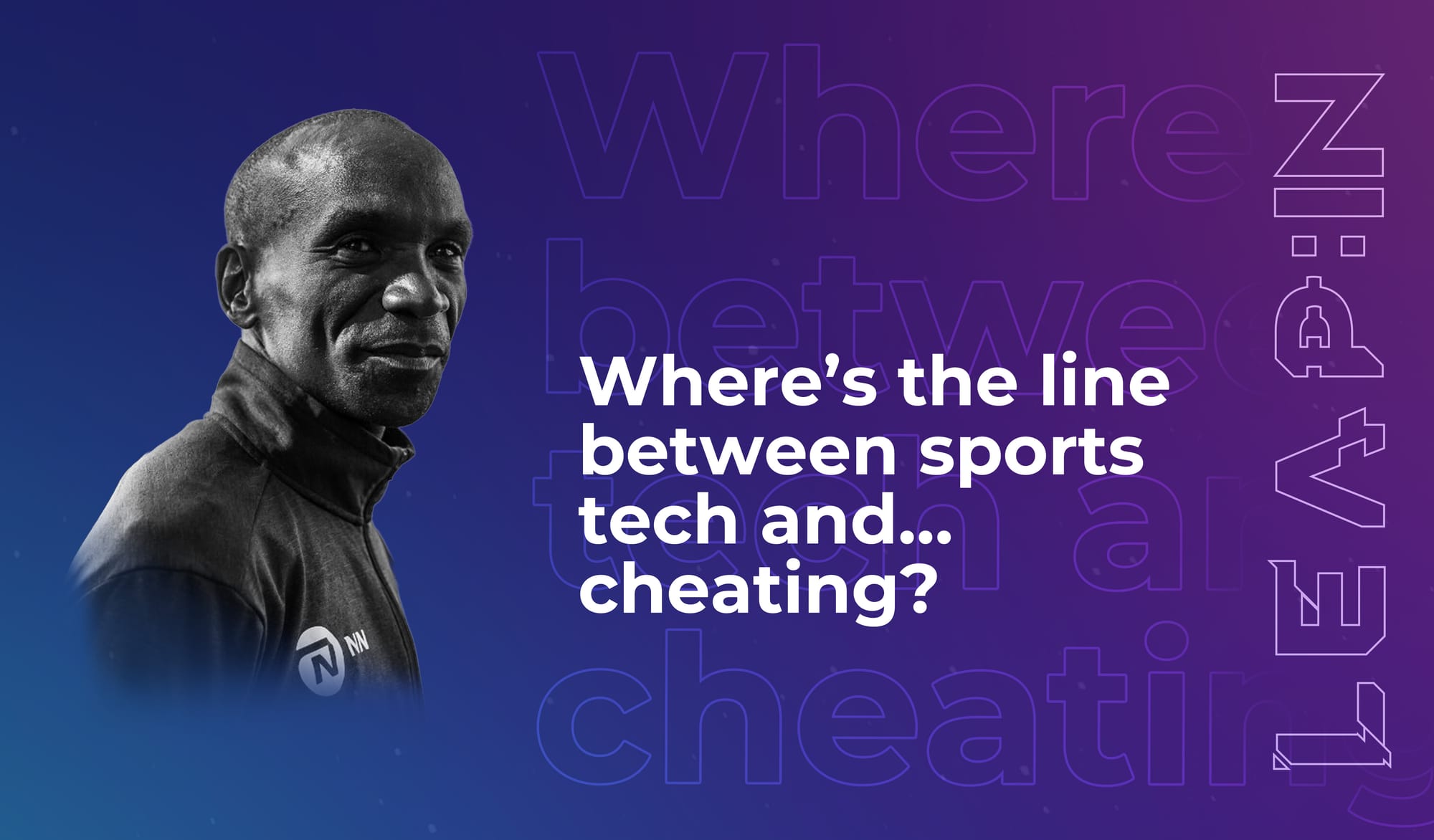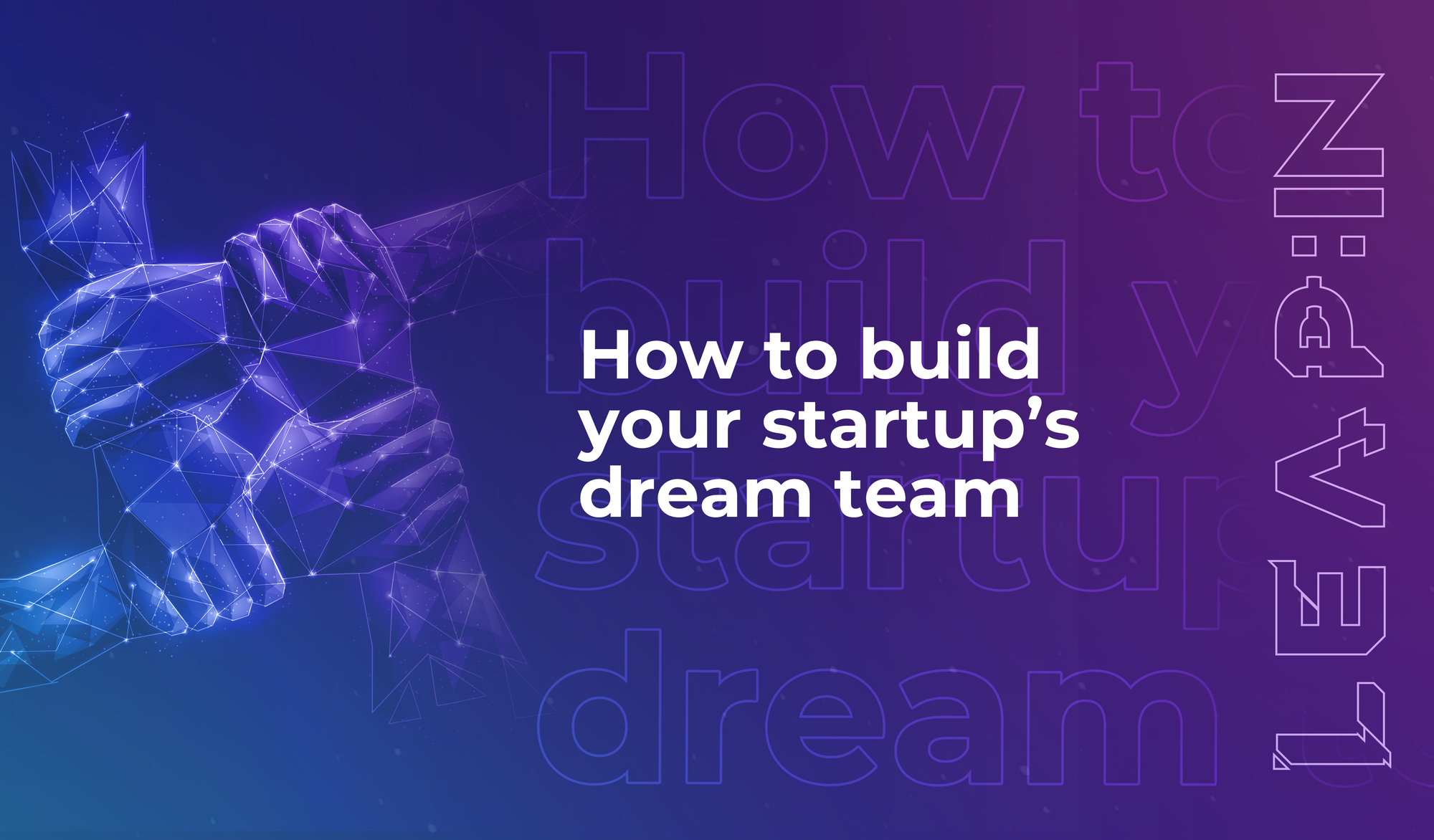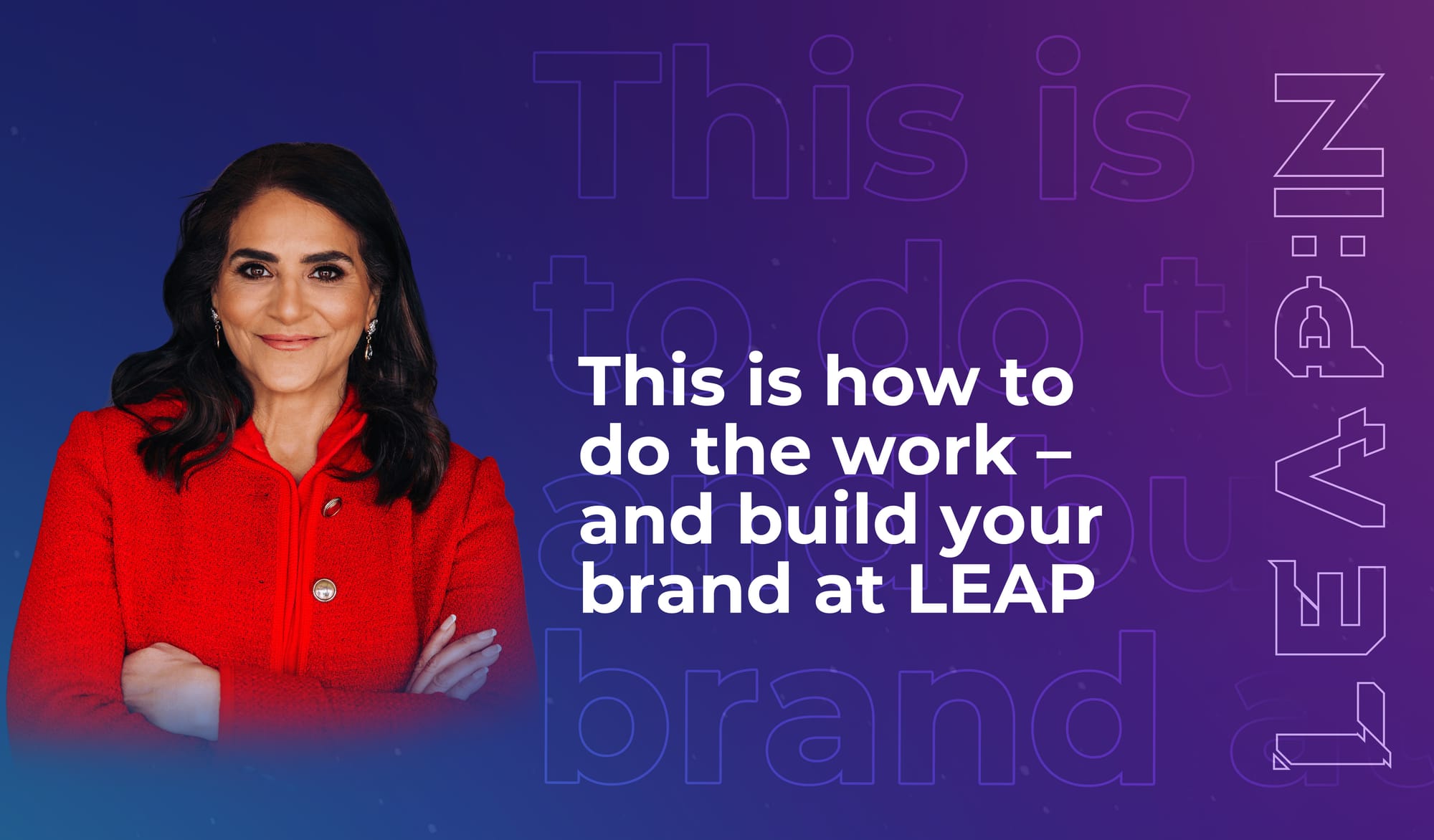

How to build your startup’s dream team

Welcome to the 45 new techies who have joined us this week.
If you haven’t already, subscribe and join our community in receiving weekly tech insights, updates, and interviews with industry experts straight to your inbox.
Strengthen your tech career with insights and inspiration from the global LEAP community – in your inbox every week.
This week we’re quoting…
Mohammed Alzubi (Founding Partner at Nama Ventures)
What Alzubi said:
“We prioritise investing in strong teams over the idea itself. We look for teams with complementary skill sets, clear roles, and a de-risked business model.”
People are your startup’s strength
Every investor knows that ideas are fragile. Teams are what make them resilient.
Alzubi’s comment (from our interview with him) about team-first investing reflects a truth now backed by robust data. Two recent studies have reinforced what many founders and funders already sense: a startup’s long-term performance depends far more on who is building than what is being built.
So if you’re a founder, today we’re encouraging you to put down your next big idea for a few minutes, and refocus on the people you’re gathering around you.
Evidence for the dream team
In a 2024 working paper from the US National Bureau of Economic Research (NBER), economists tracked more than six million US startups over two decades. They found that firms with multiple founders were 10–15% more likely to survive beyond five years than those led by solo founders.
But there was much more to it than headcount alone. Teams with diverse prior experience (across industries, geographies, and functions) grew faster and were more productive. The authors concluded that “team composition is a stronger predictor of firm survival than initial capital levels.”
A companion paper from the US Federal Reserve Board examined employees hired during a startup’s first year. It found that losing an early joiner reduced a firm’s size by roughly 25% three years later, compared with similar companies that retained theirs. In other words: the first few hires help set a company’s long-term trajectory.
Together, these studies put fresh numbers behind Alzubi’s insight. Founders may launch an idea, but early teams determine whether it scales.
The anatomy of a strong team
The research suggests a few principles that founders (and the investors backing them) can use to build teams that last.
- Diversity over similarity.
The best founding teams aren’t mirror images of one another. Different skill sets, temperaments, and networks do create tension that you have to navigate; but they also create adaptability. When uncertainty is constant, difference becomes a survival skill. - Early hires are your cultural architects.
Your first employees will teach future ones how to behave. So choose people who can handle ambiguity and care about mission more than title. One Federal Reserve finding was that early employees with prior startup experience helped new ventures expand faster and with fewer missteps. - Clarity of role and trust of purpose.
Alzubi’s emphasis on clear roles is really important. Many early-stage breakdowns happen because no one knows who makes which decisions. Set boundaries early, and adapt them as the company evolves. - Retention is strategy.
Losing an early joiner is expensive – not just financially, but cognitively. Institutional memory, customer or stakeholder trust, and product intuition walk out the door with them. Invest in systems and culture that help people see a future for themselves inside your company.
Beyond chemistry
It’s tempting to romanticise chemistry between co-founders and early hires, but the evidence shows that stability and structure matter just as much. Investors who ask about team composition, founder turnover, and early-hire retention are assessing future resilience – they’re not trying to micromanage.
Strong teams absorb risk better. They turn surprises into adaptations rather than setbacks.
At LEAP, we’ve seen that pattern play out across the Rocket Fuel stage: the teams that endure aren’t always the loudest or flashiest. They’re the ones that listen to each other, stay curious, and share the pressure of startup life.
Meet investors and founders shaping stronger teams at the LEAP 2026.
Founders: Apply to our Startup & Scale Program now.
Investors: Join our investor network.
Have an idea for a topic you'd like us to cover? We're eager to hear it. Drop us a message and share your thoughts.
Catch you next week,
The LEAP Team





